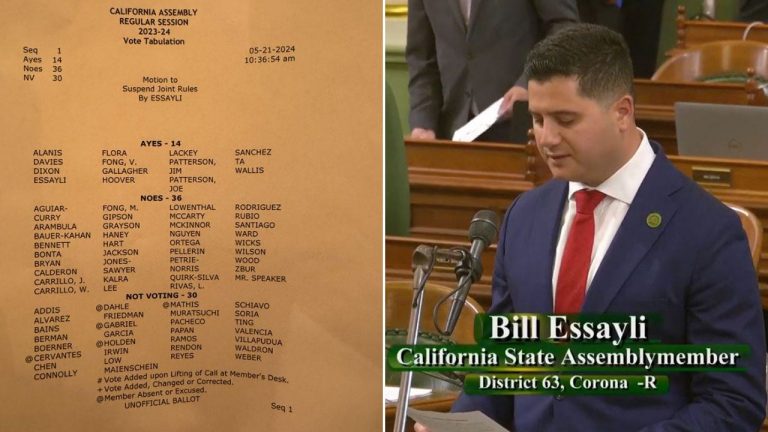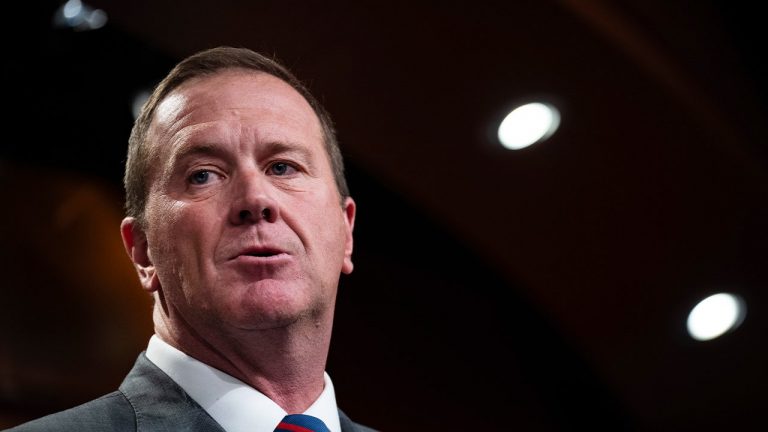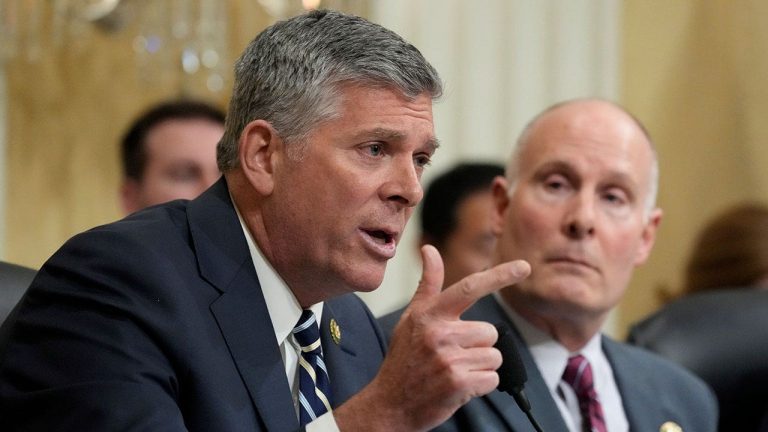Youngkin restricts cell phone use in Virginia public schools.
Virginia Governor Glenn Youngkin has taken a bold step by signing an executive order that calls for the establishment of “cellphone-free education” in public schools. This initiative aims to address the concerning rise in mental health issues and chronic health conditions among adolescents, which Youngkin attributes in part to extensive social media use and widespread cellphone possession.
The executive order, signed by the Republican governor on Tuesday, mandates state agencies and the Department of Education to develop new guidelines that will come into effect on January 1, 2025. Youngkin emphasized the urgent need for implementing cellphone-free education, citing the growing concerns expressed by parents, educators, public health professionals, and other stakeholders across the Commonwealth.
According to Youngkin, children spend an average of nearly 5 hours a day on social media, with recent studies indicating that adolescents who exceed three hours of daily screen time are at a doubled risk of experiencing poor mental health. Disturbingly, data from the Centers for Disease Control and Prevention reveals a significant increase in suicide rates, particularly among girls (167%) and boys (91%) since 2010, along with spikes in depression rates.
The governor highlighted the detrimental impact of cellphone use in schools, noting that allowing individual teachers to set rules regarding phone use has led to inconsistent expectations and enforcement. This has, in turn, resulted in students frequently checking their devices, browsing social media, and sending messages during class time, ultimately hindering their academic performance.
Youngkin underscored the importance of creating a standardized approach to address cellphone use in schools, suggesting the implementation of cellphone lockers or pouches as a means of restriction. Notably, Florida was the first state to introduce legislation regulating cellphone use in schools, with Indiana and Ohio following suit this year. Several other states have also introduced similar legislation, aiming to promote what is now known as “phone-free schools.”
In Virginia’s capital of Richmond, the superintendent of public schools has expressed full support for Youngkin’s executive order. Jason Kamras, the superintendent, praised the positive outcomes observed during a cellphone ban trial in certain high schools and middle schools, including increased student engagement in class and reduced distractions throughout the day.
As the discussion surrounding cellphone use in schools continues to gain momentum nationwide, it is evident that policymakers and educators are recognizing the need to establish clear guidelines to safeguard the well-being and academic success of students. By prioritizing the implementation of cellphone-free education, Virginia is taking a proactive stance in addressing the mental health challenges faced by today’s adolescents.








